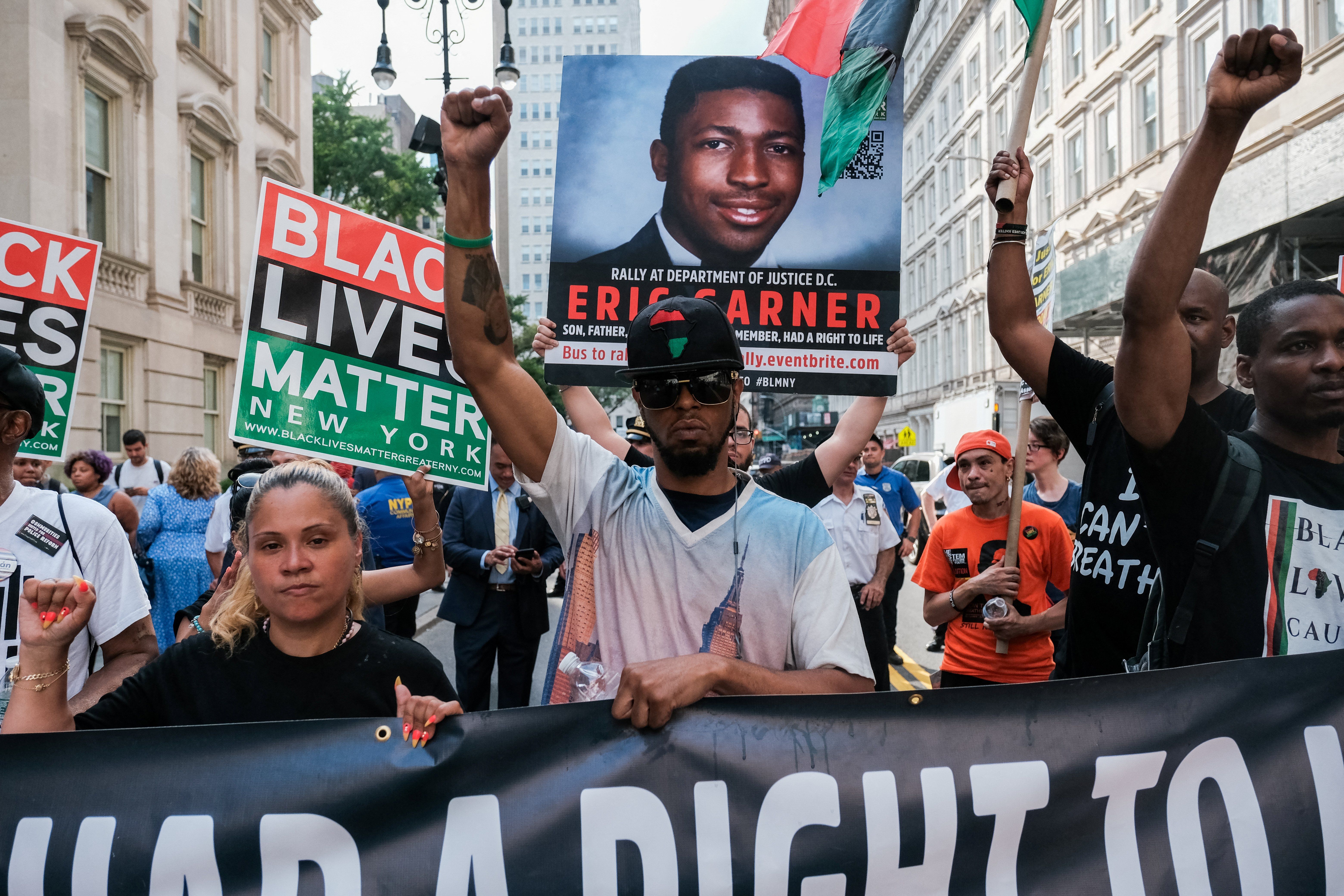Tomorrow marks 10 years since the tragic death of Eric Garner at the hands of police violence. His death sparked mass protests in New York City and other US cities, significantly influencing the Black Lives Matter movement.
On July 17, 2014, in Staten Island, New York, police officers approached Garner, a Black man, for allegedly selling untaxed cigarettes. The situation escalated as police moved to arrest him. Officer Daniel Pantaleo placed Garner in a chokehold – violating NYPD policy – which ultimately led to Garner’s death.
Footage of the incident, which a bystander captured on a cellphone, showed Garner repeatedly stating, “I can’t breathe.” These words became a rallying cry against police brutality. Pantaleo was not charged with a crime, which led to outrage in New York City, but he was ultimately fired from the force in 2019 after a departmental trial.
In June 2020, New York Gov. Andrew Cuomosigned a law named after Garner that outlawed the use of police chokeholds. This came shortly after the death of George Floyd, a Black man who died after a white police officer in Minneapolis knelt on his neck. Bystanders captured video of the fatal incident, during which Floyd could be heard saying the same three words Garner used: “I can’t breathe.”
Floyd’s death sparked the largest racial justice protests in the US since the Civil Rights Movement. The demonstrations and the concerns that galvanized them provided a boost to Joe Biden’s 2020 campaign, as voters believed Democrats would be more likely to take steps to address racial injustice.
